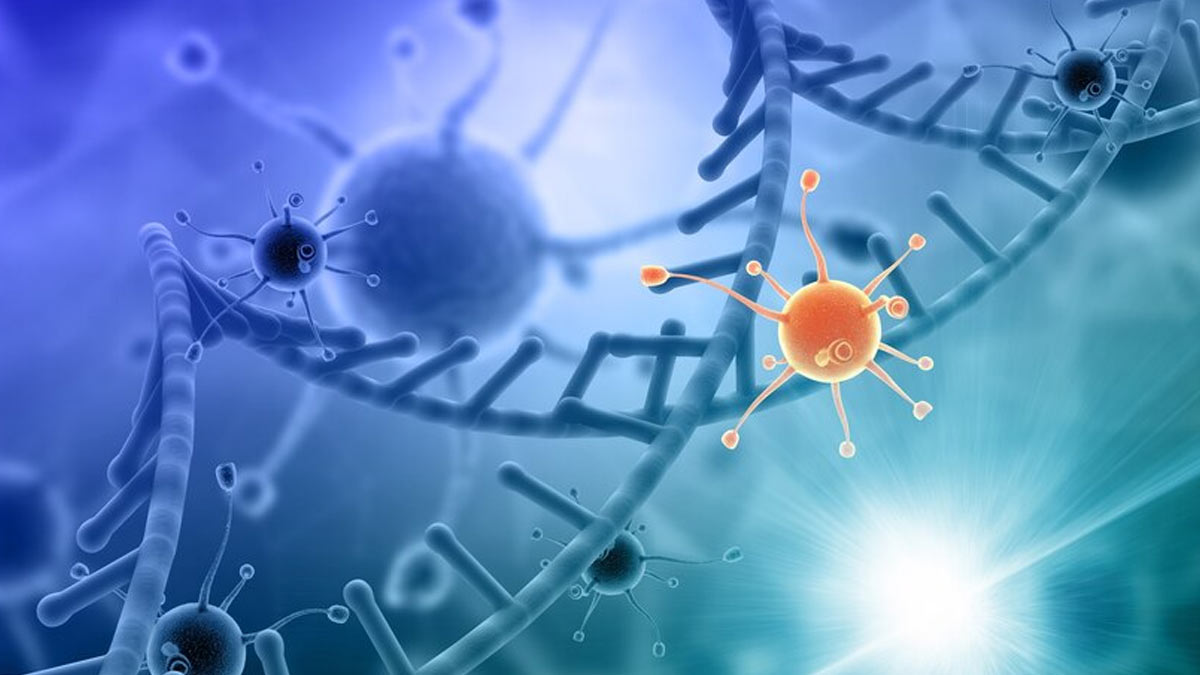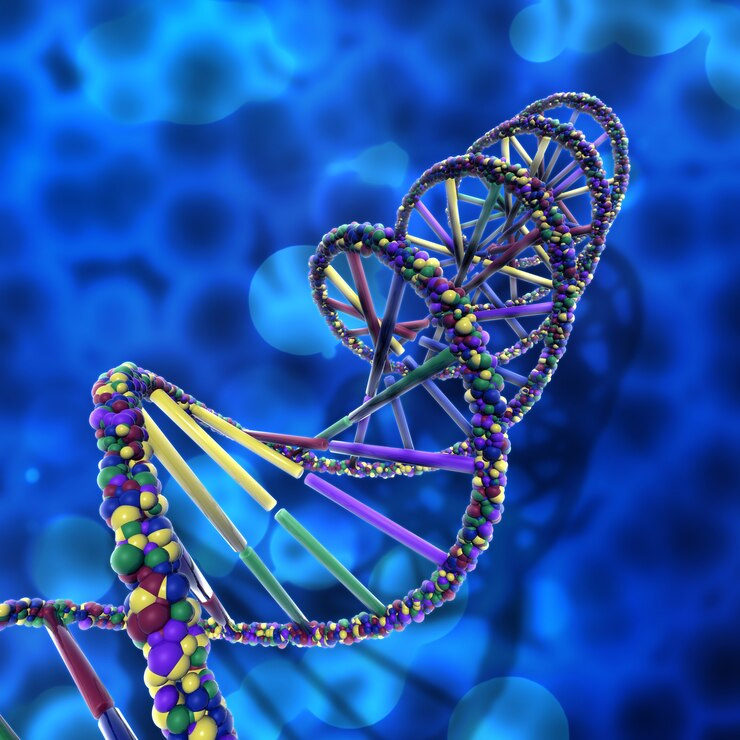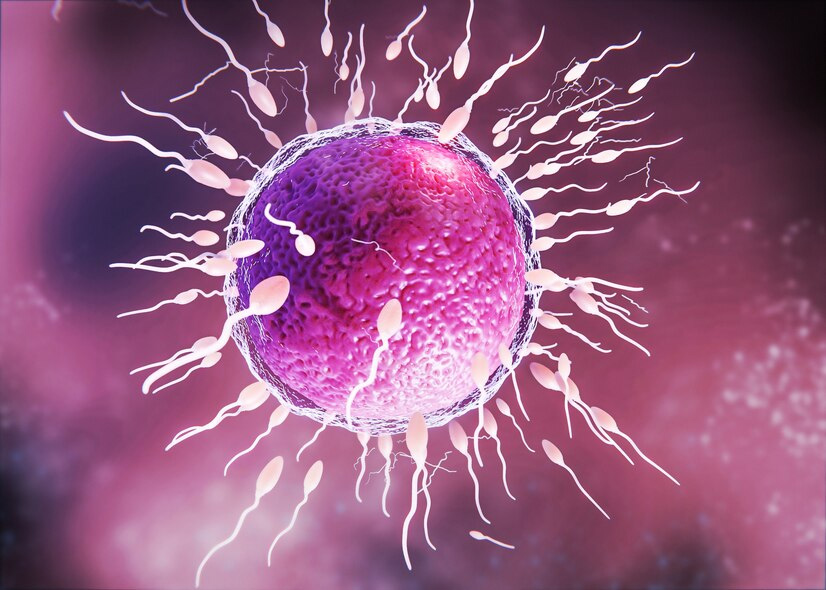
As more people start families later in life, understanding the risks associated with late pregnancies has become increasingly important. Chromosomal abnormalities are genetic disorders resulting from changes in the number or structure of chromosomes and are notably more common among older parents. These abnormalities can lead to developmental and health issues in children, and their prevalence increases as maternal and paternal ages rise. We spoke to our expert Dr Asha Dalal, Director, Obstetrics and Gynaecology, Sir HN Reliance Foundation Hospital, Mumbai, who shared insights on the same.
Table of Content:-

“Chromosomal abnormalities are genetic disorders that occur due to changes in the number or structure of chromosomes, leading to developmental and health issues in children. These abnormalities are more prevalent among late pregnancies, typically defined as pregnancies in women aged 35 and above,” said Dr Dalal.
According to the Italian Journal of Pediatrics, chromosomal abnormalities are closely linked to negative pregnancy outcomes, including early fetal loss, stillbirths, and other congenital birth defects. Around half of the fetal tissue from abnormal pregnancies and spontaneous abortions show chromosomal abnormalities.
The Role of Maternal Age
Increased Risk of Nondisjunction

This occurs when chromosomes fail to separate properly during cell division, resulting in eggs with abnormal chromosome numbers. “As women age, the mechanisms ensuring proper chromosomal separation become less efficient, increasing the risk of nondisjunction and, consequently, chromosomal abnormalities like Down syndrome (trisomy 21), Edwards syndrome (trisomy 18), and Patau syndrome (trisomy 13),” said Dr Dalal.
Decreased Egg Quality
It is normal for a woman's eggs to decline over time due to ageing. By the age of 35, the remaining eggs are more likely to have chromosomal anomalies.
Also Read: Know the Possible Risks of Late Pregnancy From Gynaecologist
Accumulation of Genetic Mutations

Oxidative Stress
Over time, cells accumulate damage from oxidative stress, which can lead to mutations in the DNA of eggs. These mutations can contribute to chromosomal abnormalities.
Environmental Factors
“Exposure to environmental toxins, radiation, and lifestyle factors, such as smoking and poor diet can cause genetic mutations. The longer the exposure period, the higher the risk of chromosomal problems in eggs,” added Dr Dalal.
The Role of Paternal Age
While maternal age has a more significant impact, paternal age also plays a role in the prevalence of chromosomal abnormalities.
Sperm Quality

As men get older, the quality of their sperm tends to deteriorate. Older sperm are more likely to have DNA fragmentation, which can contribute to chromosomal abnormalities in the resulting embryos.
Alterations in Gene Expression
“Epigenetic changes, which affect how genes are expressed without altering the DNA sequence, can accumulate with age. These changes can influence sperm quality and increase the risk of chromosomal abnormalities in children conceived by older fathers,” said Dr Dalal.
Also Read: Chromosome Testing: How It Helps Prepare For Your Baby's Arrival, Expert Weighs In
Implications for Late Pregnancies
The increased prevalence of chromosomal problems in children born to older parents has several implications:
Prenatal Screening and Diagnosis
“For older pregnant women, healthcare providers often recommend more comprehensive prenatal screening tests, such as Non-Invasive Prenatal Testing (NIPT), amniocentesis, and Chorionic Villus Sampling (CVS),” said Dr Dalal. These tests can detect chromosomal abnormalities early in the pregnancy, allowing parents to make informed decisions about their care.
Genetic Counselling
Genetic counselling is essential for older couples planning to conceive. Genetic counsellors can provide information on the risks of chromosomal abnormalities, discuss the available testing options, and help couples understand the potential outcomes and implications.
Fertility Treatments
Assisted Reproductive Technologies (ART)
For older women experiencing fertility issues, ART, such as In Vitro Fertilisation (IVF) with Preimplantation Genetic Testing (PGT) can help identify and select embryos without chromosomal abnormalities. This increases the chances of a healthy pregnancy and reduces the risk of chromosomal problems.
Egg Freezing
It is now an option for women who do not want a pregnancy till late in life. This ensures that you have good-quality eggs when you desire a pregnancy.
Bottomline
Dr Dala concluded, “Chromosomal problems in children are more prevalent among late pregnancies primarily due to the age-related decline in egg and sperm quality and the increased risk of genetic mutations and nondisjunction. Understanding these risks and the mechanisms behind them is crucial for healthcare providers and parents-to-be.”
[Disclaimer: This article contains information provided by an expert and is for informational purposes only. Hence, we advise you to consult your own professional if you are dealing with any health issues to avoid complications.]
Also watch this video
How we keep this article up to date:
We work with experts and keep a close eye on the latest in health and wellness. Whenever there is a new research or helpful information, we update our articles with accurate and useful advice.
Current Version